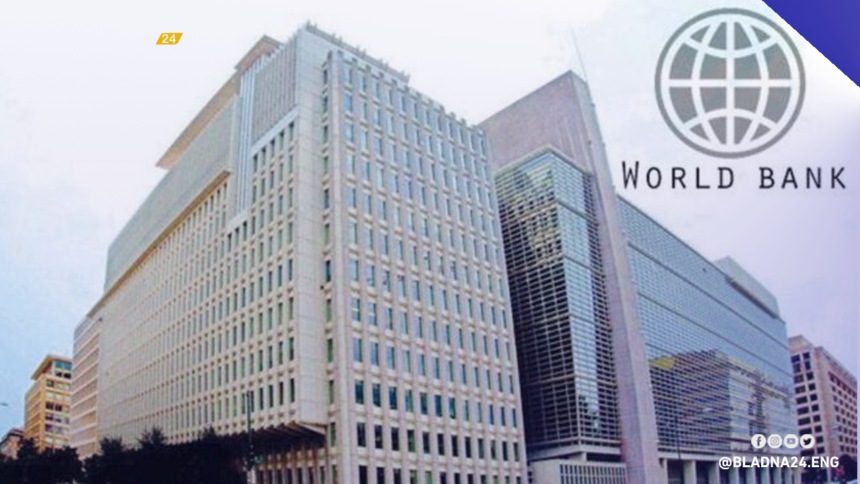According to a new World Bank report released today on Climate and Development in Morocco, the total investment needed to put Morocco on a low-carbon, resilient path by the 1950s will amount to about $78 billion in current dollar terms.
The report added that these investments can be gradual in stages, but the return will be large, making Morocco more attractive for foreign direct investment and exports, in addition to promoting economic growth.
The same source explained that investing in climate action now will bring important benefits to Morocco, create new job opportunities, as well as revitalize rural areas and position the Kingdom as a green industrial centre, while at the same time helping to achieve its broader development goals.
The World Bank’s Managing Director for Operations, Axel Van Trotsenburg, said that Morocco is making impressive progress in its pursuit of a low-carbon future. Noting that this pioneering report identifies priority areas for managing water and other resources and reducing carbon emissions in a way that achieves the country’s climate and development goals.
A World Bank statement added that this report is a new diagnostic tool for the World Bank that explores the links between climate and development and identifies priority actions to build resilience and reduce carbon emissions, while supporting economic growth and reducing poverty, and is the first in a series of climate reports. and development to be released in the Middle East and North Africa.
According to the same source, Morocco is considered a hot climatic hotspot and one of the most water-scarce countries in the world, as it is rapidly approaching the absolute limit of water scarcity of 500 cubic meters of water per person per year.
More frequent and severe droughts are a major source of macroeconomic fluctuations and threaten food security. For example, the report notes that a 25% reduction in water supply, the impact on all sectors of the economy, and reduced crop yields due to climate change lead to a 6.5% drop in GDP.







